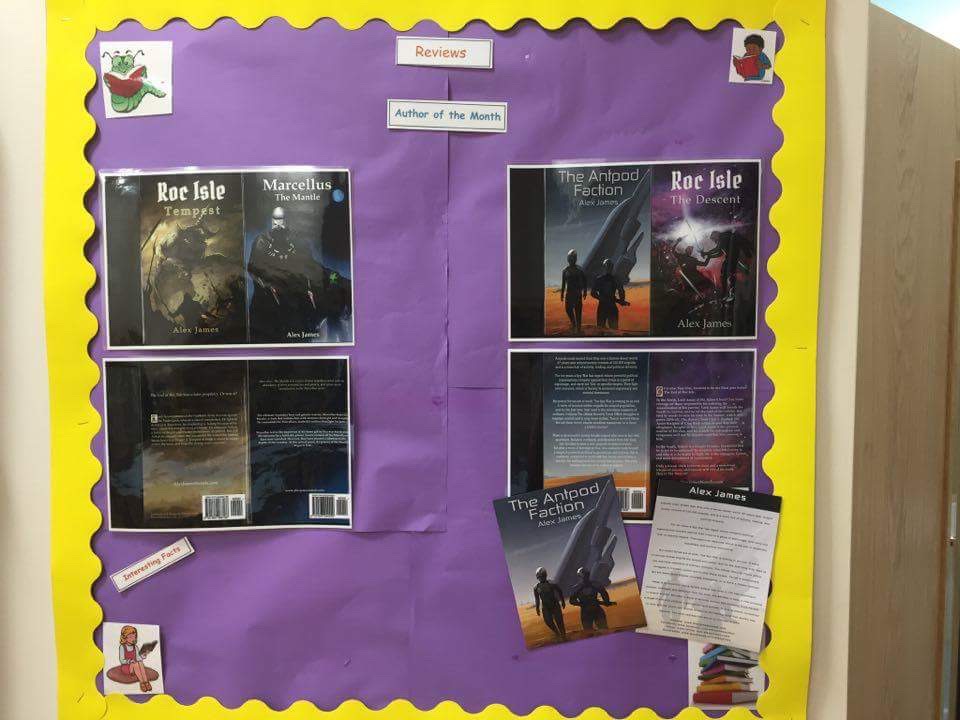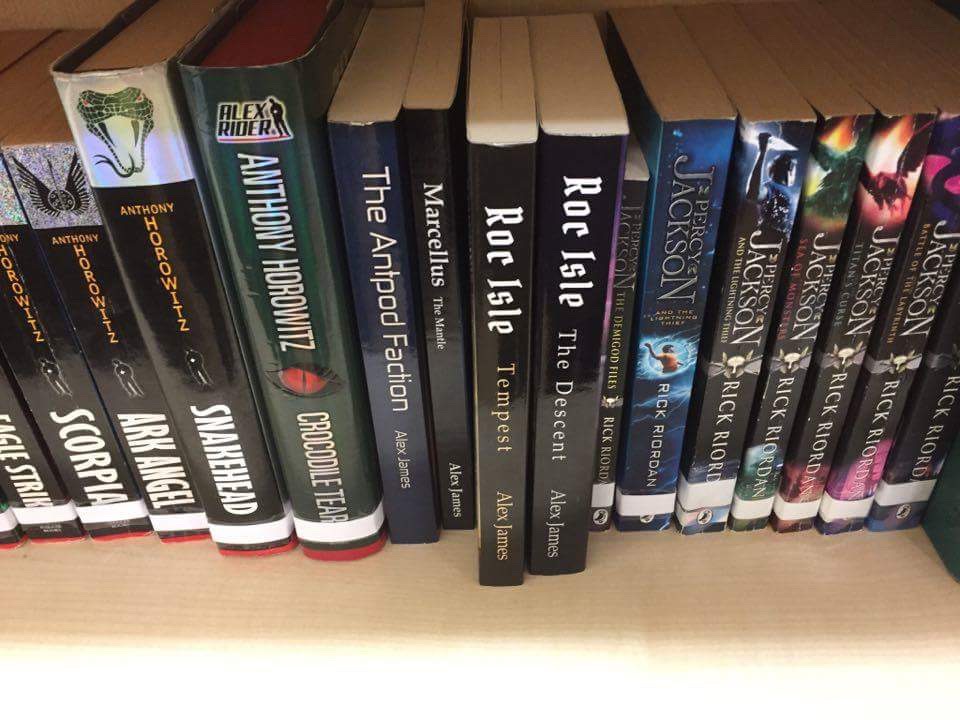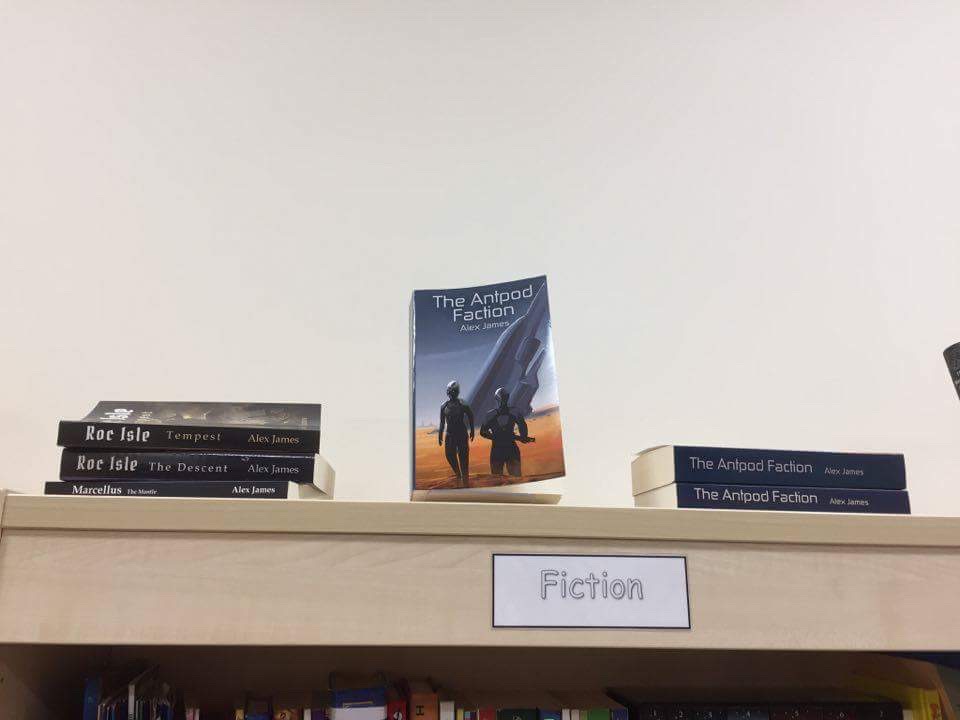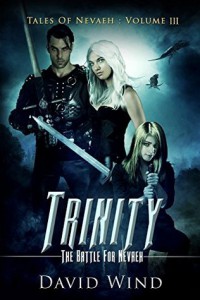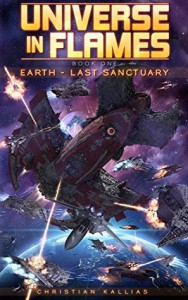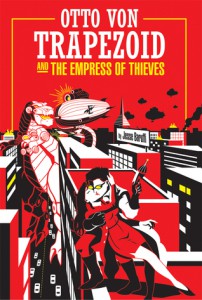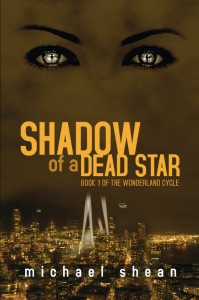Aerol crouched and picked at what he saw as the northern edge of the bridges he’d traversed more often than any others, placing his fingers in their grooves and aware that he was away from the bustle and weight of his own soldiery further south on the bridges. The bridges here widened until they expanded out, or thinned, on the way north. The air was silent and the mist was thin, leaving the open black chasm visible, embracing him from below on all sides as a black curtain, inviting in its gaps between the bridges.
He felt he was at a point in life where things had to change. Gone were the times of barbarism, and gone were the difficulties posed by Nemea. He wanted something else, hope even, for the future, and not just for himself. If there was something that could get him away from the noise and distraction from everyday life, then maybe he ought to pursue it. He’d tried to read the future before from within his warlordship, using his shifter abilities, and it told him he was to move to a different location. He put his head up, still picking at the ground, and wondered if this was the time.
Some commotion was happening from behind, and the soldiers were insecure, making angry movements in response to the presence of a new company heralded by a white flag with the black Nemean stalk black. Aerol turned, and Cress appeared from between his soldiers to announce Warlord Grin’s presence.
They held daggers with arrowhead-shaped protrusions beneath the sharp blades as hand-guard protection – only good for stabbing – and they did not sheathe them as the company of two dozen stopped, with Warlord Grin at its head: a short diminished figure with vigorous movements. Grin was well known for arriving to the north-east of Nemea, attempting to establish his own dominion, illegally, but he’d been defeated far north of Nemea and had given in to Nemea with uncharacteristic fatalism, at the mercy of self-appointed Nemean Hemis’ harsh policies.
Grin’s sewn mouth, made bloody being held together as it was with metal needles to prevent a gaping comical inability to talk. He’d taken an axe to his mouth in the past, and a shard had also embedded into his nose. But he was presentable now, encumbered by shiny armour and golden gauntlets over a breastplate with the same Nemean stalk. Two headdress flaps flowed beside his face underneath his open helmet with a nasal piece. The helmet was decorated with serpentine monsters that rose and fell.
Aerol felt uncomfortable about the presence of Warlord Grin. Their friendship had parted on unfortunate grounds, with Grin a victim of Nemean economic policies, and they’d not had opportunity to repair it. Aerol suspected Grin had lost his marbles, which didn’t help. The sight of the soldiers with arms, bearing Nemean standards, only made Aerol more distrustful. Some said the Age of Warlords had gone, but if somebody with Grin’s experience could still attain leadership over a city then maybe it still was alive, and it put Aerol on edge as he stepped back and put his foot at an angle.
‘You summon me, Warlord Aerol?’ Warlord Grin said.
Not ‘old friend’ as he used to call him.
Aerol stood to his full height to address him.
‘You’ve been north, Grin, and I’d like information on your travels.’
Aerol glanced away and tried to keep his tone neutral. The situation was awkward. Where was his social intermediary and mentor Galouch at a time like this? He should be here.
‘Now … not over a tankard? Where is the respect between warlords, between friends even?’ Grin said.
The soldiers behind Grin nodded fiercely.
‘I see you’ve claimed Nemea as your own, Grin. I had no idea. I’m concerned at the absence of enemies around these bridges, and you once tried to tell me—‘
‘Tried to tell you and you wouldn’t listen,’ Grin said. ‘You only wanted to know what would help you survive, as you still do. That day I was afraid of the north, and I was trying to help. But no … Your dominion, your warlordship, and your Tekromun are all you care about. Well, the surface isn’t just about your plans. There are thousands who would back me in Nemea, Aerol, thousands!’
Aerol didn’t want to fight his old friend, invade Nemea again, or even grab him by the throat and coerce him. He’d hoped he was past those days.
‘What do you want, Grin?’ Aerol said.
Grin straightened his back and put his arms behind his waist.
‘You think a trade can solve this, Aerol? There are problems between us—‘
‘Problems that I do not know how to resolve, Grin. I’m a warlord, not a diplomat. Get to the point, and quickly!’ Aerol said.
Grin’s face fell. Did he look hurt?
‘I don’t want you to leave, old friend. Not north. I can’t rule Nemea by myself.’
Oh … that changed things. The crux of the matter was that Grin couldn’t do it by himself. He didn’t realise he was in good company.
‘What’s wrong up north, Grin? The cities will still be here, but if we’re to defend them we need to know what’s there, and my soldiers don’t know,’ Aerol said.
Grin shook his head.
‘Only pain, Aerol. North has always been the realm of the past and the fantastical. I wasn’t the same when I returned from there. There are enemies you’ve not defeated, shifters, and there are mutant monsters that would confuse you. I’ve told you this before.’
‘What else? Where do they all reside? Do you have a map in your mind?’ Aerol said.
‘No, I wasn’t that far north. I went south-east and then to the centre where the mega-fortress …’
News of the mega-fortress: what was this?
Grin paused.
A circle of Aerol’s soldiers gathered closer to listen and with relief Aerol noticed members of his council: Galouch, Cress, Denan, Inde, and Heyt.
‘Don’t go there, Aerol. We were entranced, but something guards it.’
‘How can you be so sure? Attacks by soldiers and warriors in nearby locations doesn’t necessarily mean …’ Aerol said.
Aerol was quite taken with the idea now. Perhaps the mega-fortress was the salvation he sought for himself and his Tekromun; that something new he’d been looking for to expand his horizons and better rule these cities. He’d not thought to enter it before and examine its contents, though there were rumours it had never been entered. But what dense bandits couldn’t achieve, surely the organised soldiers he trained could.
Thoughts raced.
The mega-fortress was a landmark he could use as a temporary fortress. From inside it was likely defensible. Aerol brandished his fist in victory.
But Grin shook his head.
‘There is a horror there, Aerol, and sorrow. The elements have taken over it. Some power of the past.’
‘You’re not making any sense, Grin. Galouch?’ Aerol said.
Galouch shook his wide head slowly, wagging his appendages. He didn’t know about it either, of what Grin spoke.
Grin walked towards Aerol and Aerol’s soldiers shuffled forward in alarm, but Grin had dropped his arrow-headed blade, which clattered and then went still as if stuck on the ground. It reminded Aerol of a dream, for some reason, when he’d been stabbed in the back, and he belatedly realised it was his alter ego Gunder, claiming subliminally as he usually did with these visions, to Aerol that what Aerol was seeing was in fact a real memory of Gunder’s past life.
In the vision, a realm separate from reality and only in his mind, Aerol saw himself crouch and pick up the arrowhead, brushing his fingers on the shiny blade, and echoes of screams blasted into Aerol’s ears, of atrocities committed with the blade.
The heart stabber.
Aerol turned and ran up the yellow path, shoving the infirm out of the way to catch up with the leading armed figures at the front, on the path that rose from wooden structures, away from the hundreds of stretched tubular hissing monsters, snakes he somehow knew, which connected the edges of the path to a featureless base that passed for a surface.
A blink later and he was back among his council, Grin, and the soldiers.
Grin didn’t even notice anything, and neither had anybody else. It was as if time had frozen over, with some events running parallel to these ones and yet could only be discerned in a heartbeat that represented a longer stretch of time.
Grin came closer, and was now six feet away from Aerol, benefiting from a lot of space on the bridge. He held out his bare hands, palms down. What was this? Then, Aerol saw that Grin’s hands shook, and then with more vigour. Aerol took a step back in wariness. No, this must be an excuse or a joke.
‘A cheap parlour trick of veterans, Grin, and I’d hoped—‘
Aerol’s shifter abilities exploded outward in sensory awareness, stopping him mid-sentence as he perceived something encircling him, some presence that slid in the air like a viscous black liquid that had lived so long it had begun to eat itself from within, making him sickly. He gulped. He’d not had experience of late combating shifters, and what else could this be.
The air itself was shaking, threatening to tear Aerol’s heart out of his body, tugging at the mighty vessels that held it safely central. He glanced at Inde, who was as apprehensive as he was, and yet she must have been the source of the demonstration. There was nobody else this frighteningly powerful. Certainly not Grin.
Quiet, from all around Aerol. Whether everybody else was transfixed by Grin’s wobbling hands, time passed more slowly for them, or they could at some subliminal level feel that something was amiss, Aerol didn’t know.
And then the chasm spoke, first with a deep thrumming and then with an angry vengeful roaring rising up. Aerol panicked and gazed around his space, and then bent to assess the chasm. Breathing rapidly, Aerol wondered what foul invisible predator surrounded them.
‘Rrrooaarrhhaa!’
‘Hisssssssss!
It passed close by Aerol’s ear, but then he could see them: hundreds of black snakes slithering in straight lines up walls that were not there, towards the edges of the bridge, eagerly shifting their black underbellies to reach him, tongues darting out in forked anticipation. Before Aerol thought to break himself free of his paralysis, they were around him, coiling and stretching around his feet.
They leaked a reflective puddle of some semi-luminescent water, and Aerol knelt to probe his finger into the mysterious pool, until two mini snakes hissed loudly, breaking their necks and upper bodies above the pool to warn his fingers away. Aerol recoiled and looked back toward Grin and everybody else. Grin had transformed, holding a staff with a cobra snake head dominating it: a fearsome monster Gunder told him in his mind.
Shielding his eyes from Grin, he realised he couldn’t look at him because he now wore a pointed hat and grey or dark blue robes akin to some mana civilian. And he could not be seen distinctly when Aerol tried to, or was it fear that prevented him from looking at him. Behind the figure that had been Grin was a cave blocking out his view of everybody else, and a faint mist oozed from the bottom. Inside there was only darkness.
The figure regarded him and Aerol dared not move. In fact, he was inclined to run away from this dreadful threat. The snakes continued towards the entrance to the black cave. For some reason, Aerol did not know, they had to be stopped. But first, he had to address the unknown character before him, whose hooded staff gazed toward him with threat. Still, Aerol shielded his eyes while talking to him.
‘Grin, what is this? What happened to you?’
‘More than what, Aerol is who.’
The voice was deep, unlike Grin’s at all, as if it came from the darkest reaches of the chasm.
‘The monster you see everywhere around you has entered the collective unconscious of the world you live on. And it rules.’
‘There are no monsters,’ Aerol said.
‘It calls itself a “sorcerer”,’ Grin said.
‘There are no sorcerers or supernatural oddities. They were even less than monsters back at the time. There are only shifters. This isn’t the Age of Heroes, Grin.’
‘I’m not Grin. I’m the Shadow, your enemy, and these snakes are my essence. I’m the unknown and all fear the unknown.’
The laughter boomed.
Aerol crouched, dug his hand into the bridge and pulled out a stick, which he fashioned into a sharp bladed weapon with a thought. He held it aloft, now a spear, and charged towards the figure. Snakes all around him sealed off his escape, bunching together and stretching and squirming in tandem to stop him from reaching any of his allies. He held the spear in raised fist, and then aimed at the figure, the Shadow. He missed.
The illusion vanished, if it had been, and Grin collapsed, to everybody’s horror. There was no Shadow, no cave, and only an ordinary and weak Grin, riddled with snakes of blood that slithered behind the skin of his face as he moaned and writhed on the ground.
Cress ran up to Aerol’s side.
‘What happened, Aerol? There was some optical illusion. We couldn’t see behind this screen.’
‘Sorcery, from the sorcerer,’ Grin said.
Aerol shook his head.
‘No, it was just a shifter. Somebody turned Warlord Grin into a shifter, and I don’t know how,’ Aerol said.
Grin’s breastplate cracked apart, to reveal an open heart, mutated and with discoloured patches of pulsing purple that had been basted on. It looked like a double heart.
‘Some strange shifter,’ Cress said.
‘Monster power,’ Grin said.
‘Don’t listen to him, Cress. Whatever has happened to him has altered his perception.’
Aerol felt rather than saw Galouch hovering by his right shoulder, peering down.
‘He’ll have to be treated, you know, Aerol,’ Galouch said.
‘Only the mega-fortress … my only salvation,’ Grin said.
Aerol narrowed his eyes.

